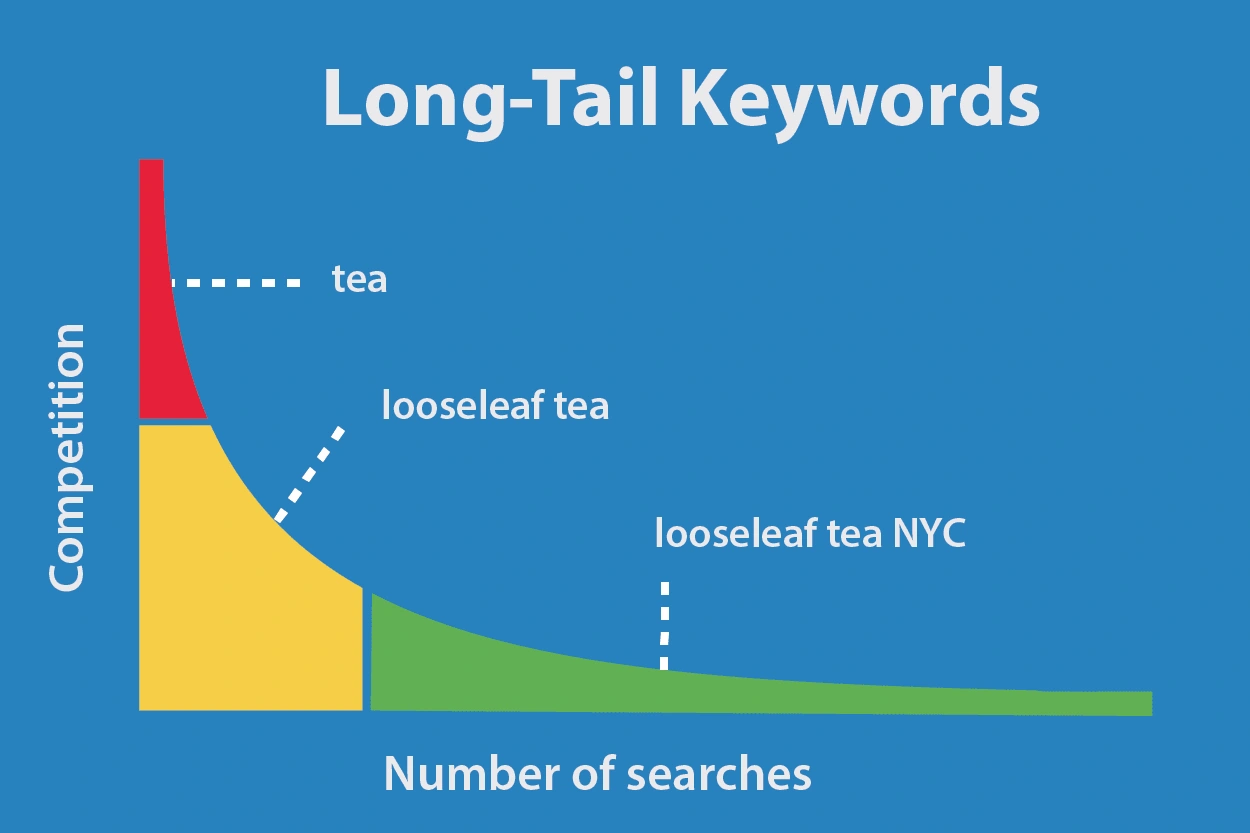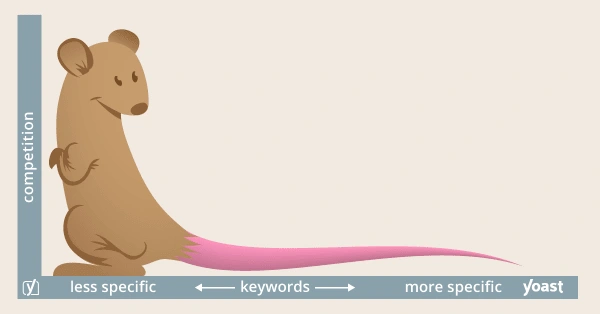Mastering Long-Tail Keywords: Strategies to Improve Search Engin
Mastering Long-Tail Keywords: Strategies to Improve Search Engine Ranking
In the ever-evolving landscape of SEO (Search Engine Optimization), mastering the use of long-tail keywords can significantly impact your website's visibility and attract more qualified traffic. This comprehensive guide explores the importance of long-tail keywords and provides actionable strategies to enhance your search engine ranking.

Understanding Long-Tail Keywords
Long-tail keywords are longer, more specific phrases that users type into search engines when looking for precise information or solutions. Unlike broad keywords, such as "SEO tips," long-tail keywords, like "best SEO tips for small businesses in 2024," target a narrower audience but with higher intent and conversion potential.
Importance of Long-Tail Keywords
Targeting Specific Intent: Long-tail keywords capture specific user intent better than generic keywords. Users searching with long-tail queries are often closer to making a decision or seeking detailed information, making them more likely to convert into leads or customers.
Lower Competition: Due to their specificity, long-tail keywords typically have lower competition compared to broader keywords. This presents an opportunity for websites to rank higher on search engine result pages (SERPs) with less effort, especially in niche markets.
Enhanced User Experience: By aligning your content with long-tail keywords, you provide users with highly relevant and targeted information. This improves user experience, reduces bounce rates, and increases engagement metrics, which are favorable signals for search engine algorithms.
Strategies for Ranking with Long-Tail Keywords

Keyword Research: Start by conducting thorough keyword research using tools like Google Keyword Planner, SEMrush, or Ahrefs. Identify long-tail keywords that are relevant to your industry, products, or services, and have moderate to high search volume with manageable competition.
Content Creation: Develop high-quality content that addresses the specific queries or problems identified in your chosen long-tail keywords. Craft informative blog posts, articles, or landing pages that provide valuable insights, solutions, or in-depth analyses.
Example: Instead of targeting "SEO," focus on long-tail keywords like "advanced SEO techniques for e-commerce websites" or "SEO strategies to boost local business visibility."
On-Page Optimization: Optimize your content for SEO by strategically placing long-tail keywords in essential elements such as:
Title Tags: Include your primary long-tail keyword towards the beginning of your title tag for maximum impact.
Meta Descriptions: Write compelling meta descriptions that incorporate long-tail keywords naturally while encouraging clicks.
Headers (H1, H2, H3): Use headers to structure your content and include variations of your long-tail keywords to improve readability and SEO.
URLs: Create clean and descriptive URLs that contain relevant long-tail keywords.
Internal Linking: Enhance the SEO value of your content by internally linking to other relevant pages or posts on your website that also target related long-tail keywords. This helps search engines crawl and index your site more effectively.
External Link Building: Earn high-quality backlinks from authoritative websites within your industry. Backlinks act as endorsements of your content's credibility and relevance, thereby boosting your page authority and search engine rankings for targeted long-tail keywords.
Measurement and Adjustment

Monitor the performance of your long-tail keywords using web analytics tools like Google Analytics or SEMrush. Track key metrics such as organic traffic, conversion rates, bounce rates, and keyword rankings to evaluate the effectiveness of your SEO strategy.
Example: Analyze which long-tail keywords are driving the most traffic and conversions, and adjust your content strategy accordingly. Consider refining existing content, creating new content around successful keywords, or targeting additional long-tail variations.
Conclusion
Mastering the art of using long-tail keywords in your SEO strategy requires continuous refinement and adaptation. By understanding the specific needs and search behaviors of your target audience, and by implementing strategic keyword research, content creation, and optimization practices, you can significantly improve your website's search engine ranking.
By integrating these proven strategies into your SEO efforts, you not only enhance your website's visibility and traffic but also establish your authority in your niche. Start leveraging the power of long-tail keywords today to achieve sustainable growth and long-term success for your online presence.
Like this project
Posted Jul 11, 2024
Discover effective strategies for ranking higher with long-tail keywords. Learn how to optimize your content and attract targeted traffic to your website.
Likes
0
Views
9



